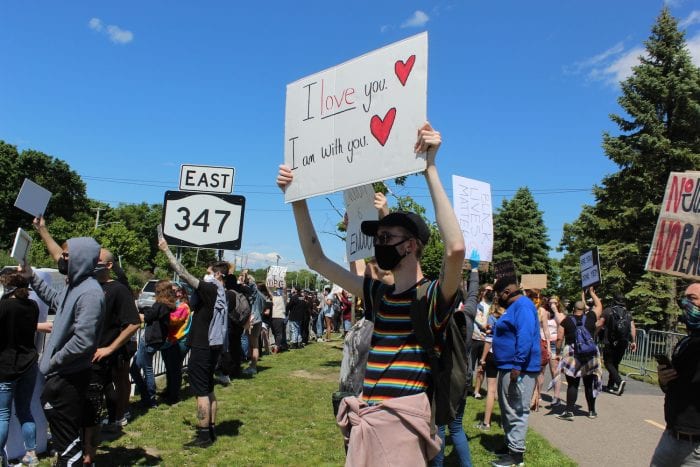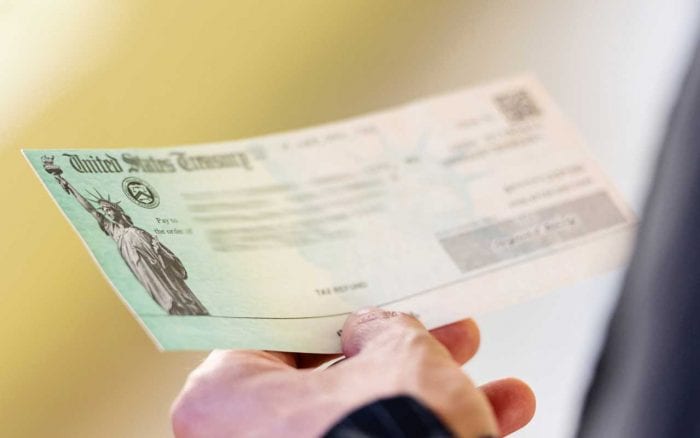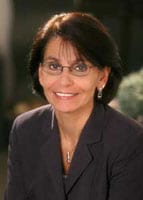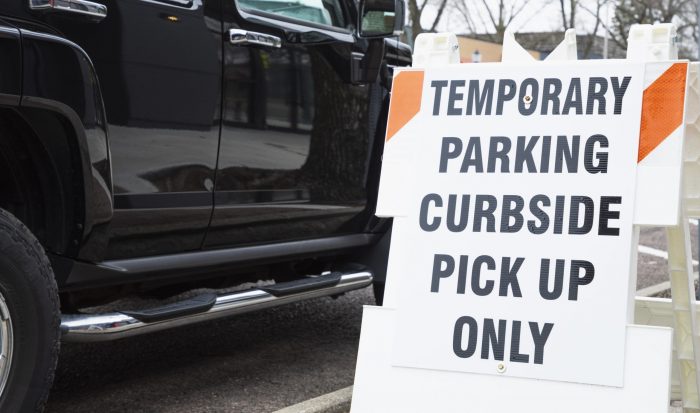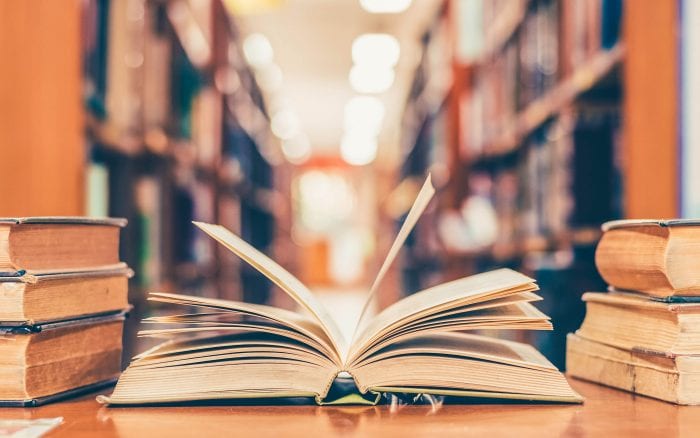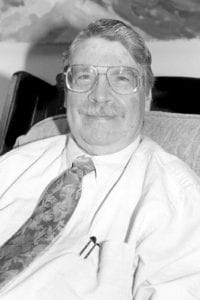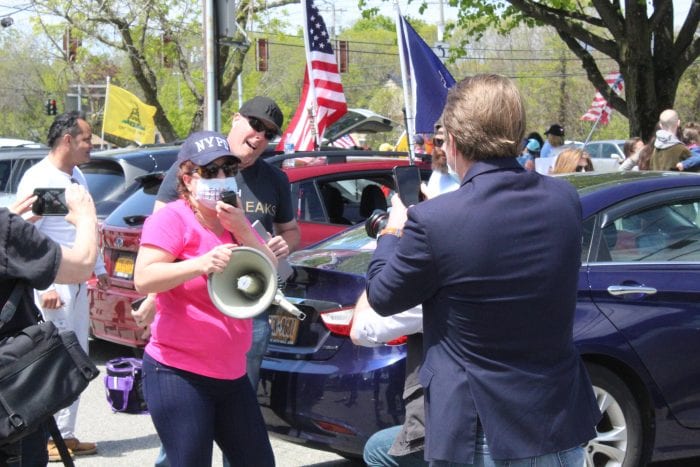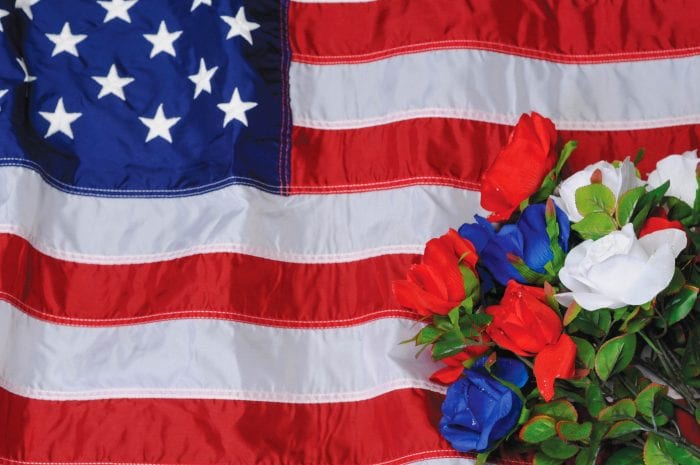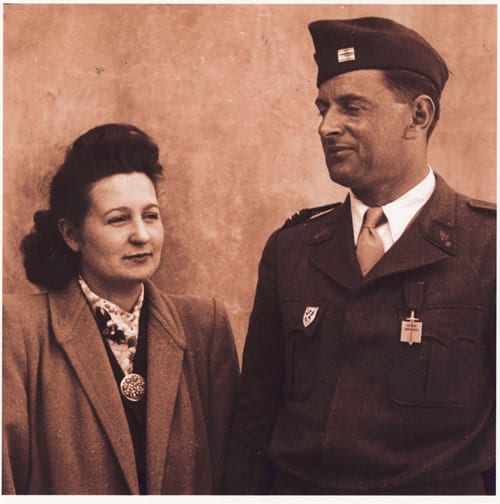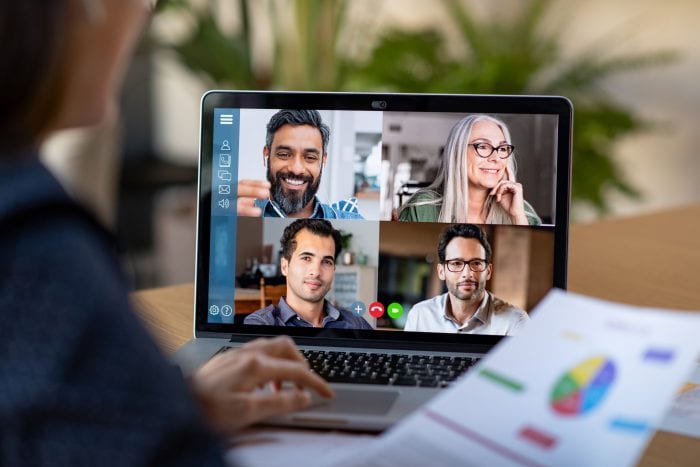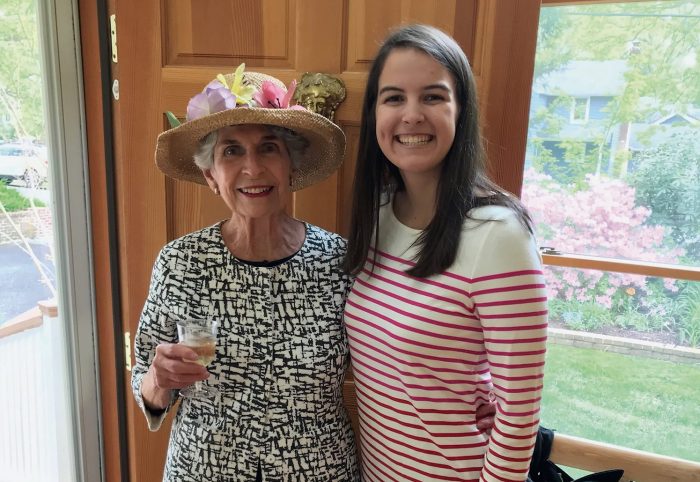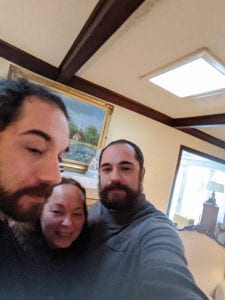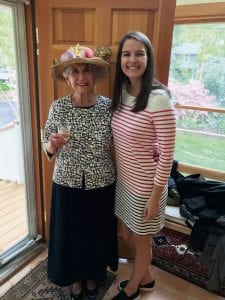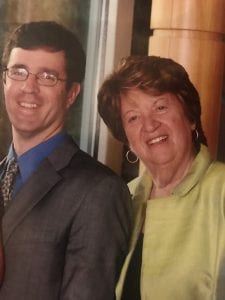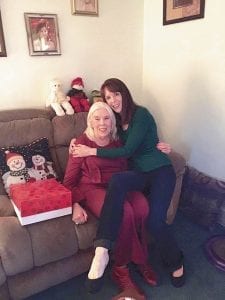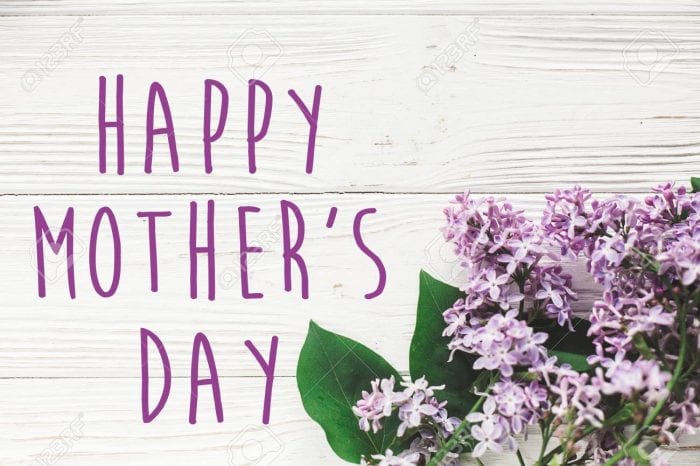By Leah S. Dunaief

This year will be remembered in much the same way as 2001, 1968 and even 1941 are remembered. And the year is not even half over yet. Those were years when we were embroiled in conflict; we the people of the United States of America. In 1968, we experienced internal strife, with protesters taking to the streets against the Vietnam War and racism in society. The other two historic years, the strife came from outside the country. This year we have both.
It required protests in 140 cities across the nation, triggered by the murder of George Floyd in Minneapolis, to push aside the daily counts of illness and death from COVID-19 at the top of the news. And like 1968, this is a year of national elections, so throw in a heavy dose of politics into a climate of extreme political partisanship.
Peaceful demonstrations catalyzed by grief and anger at the video proof of police officers killing George Floyd, a black man in their custody, have morphed in many instances into chaotic and often deadly attacks on police as they try to control rioting, vandalism, fires and looting in the cities.
Protesters have sometimes tried to stop looters, adding to the wrestling for control of the streets. And all of that is happening as more than 100,000 Americans have died and close to two million have been sickened, victims of the coronavirus. The possibility of a spike in the pandemic from the gathering of crowds pouring out of their sheltering-in-place homes in protest is another concern for health officials. The situation is certainly not helped by the more than 40 million people now unemployed. Disease, economic challenges and social unrest are combining to inflame our country.
Where do we go from here?
For our health problem, the answers are simpler. As our lives become more liberated by the phased openings, we must still maintain caution during our comings and goings. We need to wear masks when interacting with others, even one other. We must practice social distancing of at least 6 feet of separation when we are with others who are new to our antiviral sheltering circle. We can get tested more easily now should symptoms prompt such action. We should continue to diligently wash our hands, especially after touching any common surfaces, like doorknobs or railings. And extra resources must be given to areas with extra caseloads.
The racism problem is not so straightforward. It has been embedded in our country since before its founding, and it will take much more than words to alleviate.
We need to work together across communities to root out discrimination and inequalities in health care, educational access, employment opportunities and policing. That starts with the birth of each baby in a safe and professional environment, and follows that child through pre-school right up through full schooling with competent teachers, administrators and resources, jobs that can pay at least a living wage and housing in a safe and pleasant neighborhood.
Is it possible for societies to do all that?
Many systems have been tried to help level the playing field. None of them has worked so far. While all people might have equal rights, not all people have equal abilities or equal good luck. Some will always be better off than others. Democracy offers vital freedoms and choices. But the will of the majority must always be accompanied by protection for the rights of minorities. Good governments can do that. Capitalism offers rewards for enterprise. But good government must control its excesses. Presumably we can all agree on these principles.
But how do we end bigotry?
Racism is bigotry based on differences of skin color. Anti-Semitism is based on differences of religion, as is anti-Catholicism and anti-Muslimism and countless other theological beliefs. People kill each other over such defining differences. At different times in human history, such bigotry seems to lessen. People intermarry, live together in diverse communities, even vote each other into office.
But bigotry doesn’t disappear. It merely slumbers, like a pandemic gone underground. If we are to survive as a species, we must first unite.

